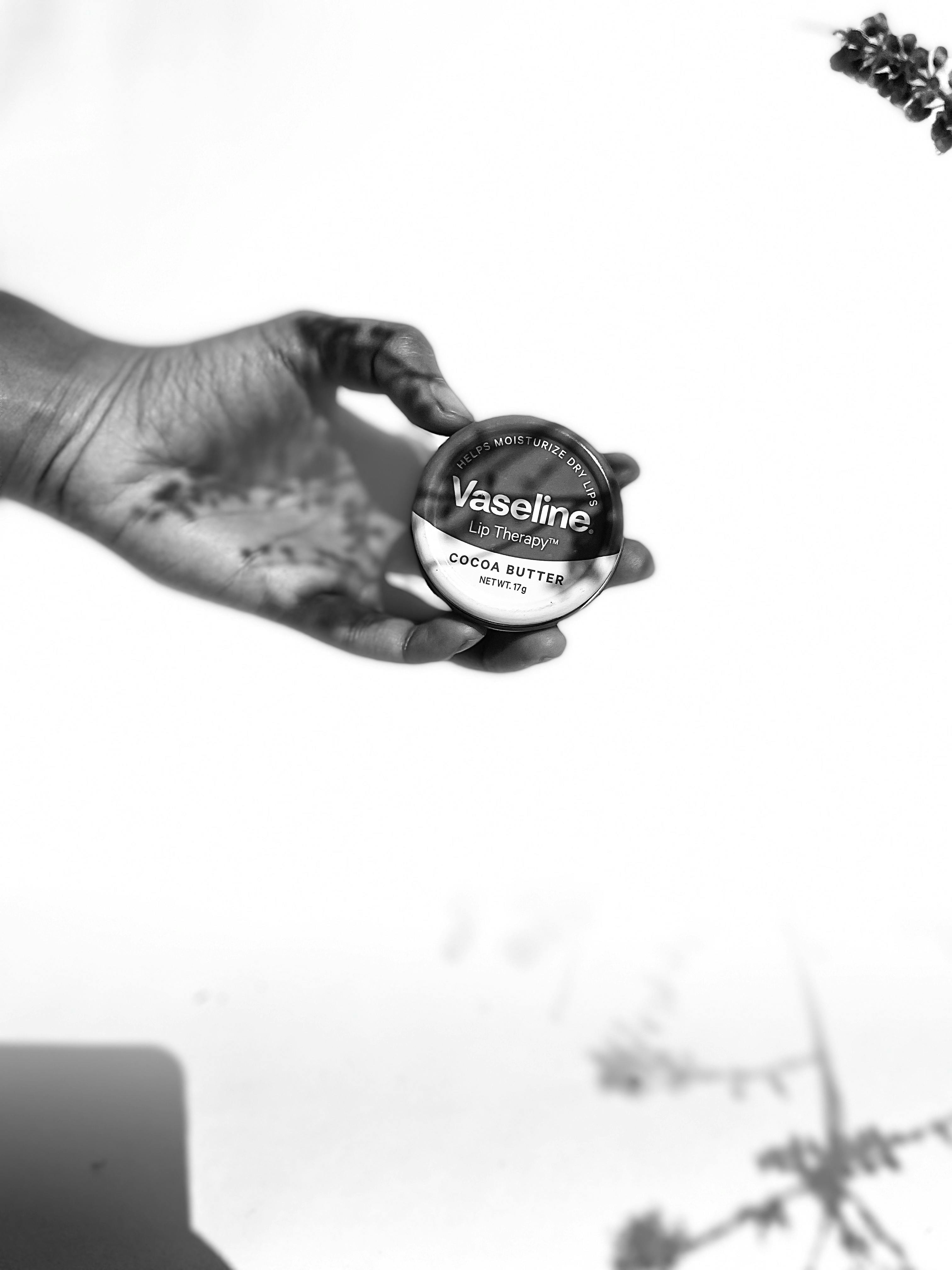
Vicks VapoRub is a mentholated topical ointment traditionally used for cough and cold relief. Its main active ingredients—menthol, camphor, and eucalyptus oil—create a cooling, tingling sensation on the skin. That same sensation is why some people apply Vicks to hemorrhoids: it feels like it’s doing something.
The idea is that the cooling effect from menthol may temporarily numb the pain and reduce itching. Camphor has mild analgesic properties and has been historically used in some skin treatments. However, applying Vicks to delicate areas like the anus comes with risks.
These ingredients can be irritating to sensitive or broken skin, which is often the case with hemorrhoids. Camphor, in particular, can be toxic if absorbed in large quantities or ingested, and the mucous membrane around the anus is highly absorbent. In short: just because it feels tingly doesn’t mean it’s helping.
Vaseline (petroleum jelly) is a different story. It doesn’t contain active ingredients like menthol or camphor—it simply forms a moisture barrier over the skin. This can be helpful in protecting irritated skin from friction, especially during bowel movements.
While Vaseline won’t shrink hemorrhoids or address inflammation directly, it may help relieve symptoms like itching and burning by keeping the area moisturized. For some, this can make daily activities more comfortable.
Because it’s inert and hypoallergenic, Vaseline is considered safer for sensitive areas than Vicks. However, it should still be used externally and sparingly. Avoid using it on open sores or internally, and always wash your hands before and after application.
Here’s how these two household products stack up when it comes to hemorrhoid symptom relief:
If you’re tempted to try either, Vaseline is the safer choice. But keep in mind that neither product addresses the inflammation or vascular swelling at the heart of hemorrhoid flare-ups.
Using products like Vicks or Vaseline for temporary relief is understandable, especially in the middle of a painful flare-up. But relying on them long term is not advised. Hemorrhoids are a medical condition, and using over-the-counter products not intended for anal use can lead to complications like contact dermatitis, worsened inflammation, or delayed proper treatment.
Instead of reaching for quick fixes, consider evidence-based remedies. These may include:
If your symptoms last more than a few days, worsen, or include significant bleeding, it’s time to speak with a colorectal specialist. Providers may offer comprehensive care for hemorrhoids, including accurate diagnosis, personalized treatment, and long-term prevention strategies.
Home remedies can ease discomfort temporarily, but they won’t correct the underlying issue—which is often a combination of vein pressure, straining, and inflammation. Seeking medical care ensures you’re not missing a more serious issue like an anal fissure, abscess, or colorectal condition that mimics hemorrhoid symptoms.
Using Vicks VapoRub for hemorrhoids may seem like a clever DIY hack, but it poses more risks than benefits. Vaseline, on the other hand, can offer a layer of protection and mild symptom relief—though it’s not a treatment. When it comes to your health, don’t leave it up to guesswork.